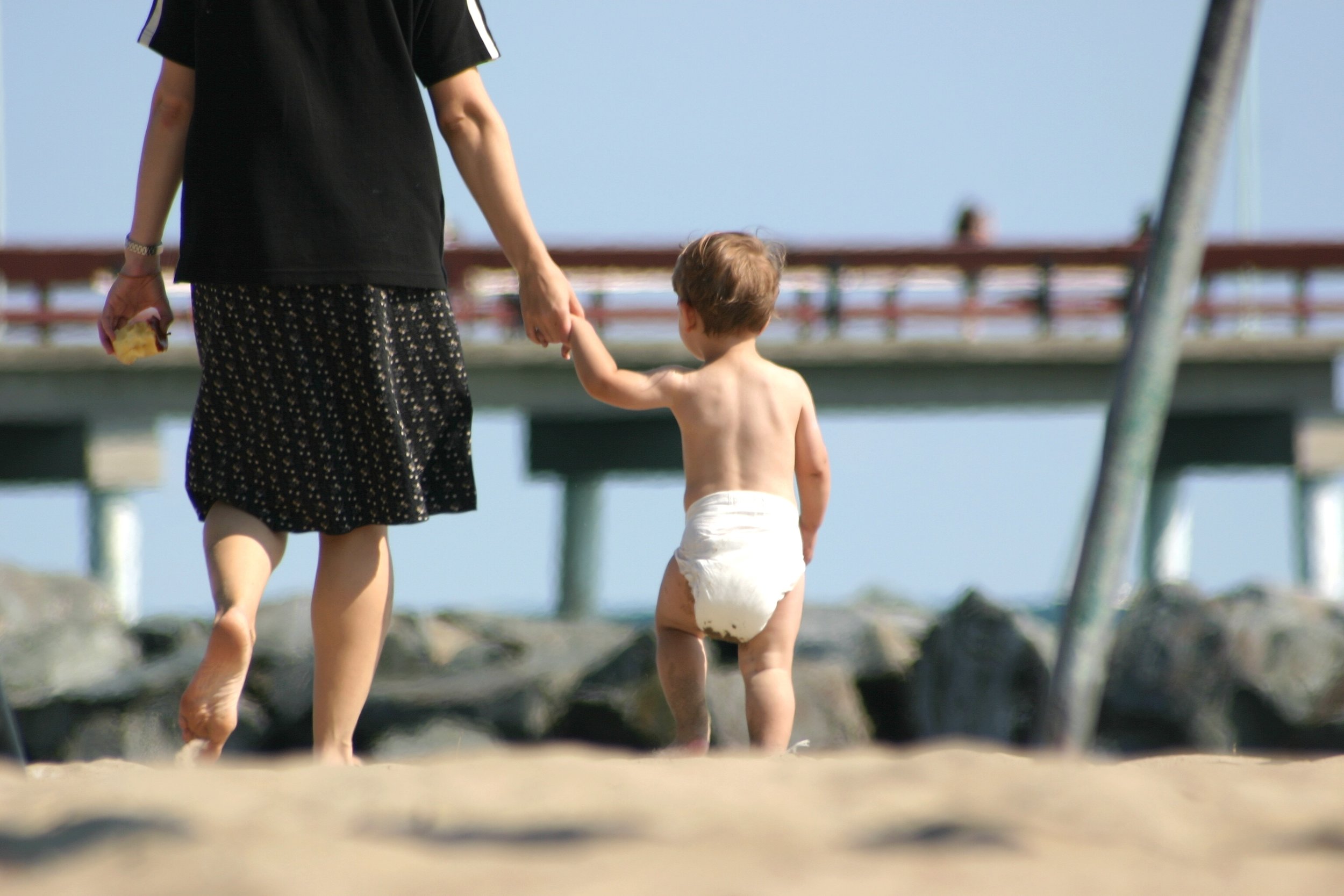Skip the Straw!
As Angelenos prepare for the start of beach season, the Ocean Conservancy has released information about some of the weird items collected during its 2017 International Coastal Cleanup.
Much of the trash collected included baby items such as pacifiers, rubber ducks, inflatable pools, nearly 400 juice boxes and over 130,000 diapers.
Other notable items this year included three hot tubs, a unicycle, an entire car, a paper shredder, and a children’s slide. In years past, volunteers have recovered wedding dresses, washing machines and even mattresses.
“There’s this idea that the ocean is so vast that it can just swallow up anything,” said Nicholas Mallos, director of Ocean Conservancy’s Trash Free Seas® program. “But the reality is that trash, specifically plastics, can have a serious impact on ocean health.”
Every year, millions of tons of trash—including an estimated 8 million metric tons of plastic waste—flow into the ocean, entangling wildlife, polluting beaches, and costing coastal municipalities hundreds of millions of taxpayer dollars. Cigarette butts, plastic beverage bottles, food wrappers, plastic bottle caps and plastic straws are among the most-commonly collected items. They are also among the most deadly to wildlife like seabirds and sea turtles. Plastics—which never fully biodegrade but rather break up into smaller and smaller pieces called microplastics—are of particular concern. Scientists predict that without concerted global action, there could be one ton of plastic for every three tons of fin fish in the ocean by 2025.
“By highlighting what gets left behind on shorelines and river banks, we inspire people to take action for trash-free seas and identify trash items for which innovative solutions are most needed,” said Mr. Mallos.
In Los Angeles, you can do their part by deciding to skip the straw, carrying reusable water bottles and signing up for a beach or waterway cleanup. Governments and businesses also play a critical role in trash free seas, by ensuring their products are recyclable and working to improve waste management and collection in countries where the flow of plastic and trash into the ocean is greatest.


